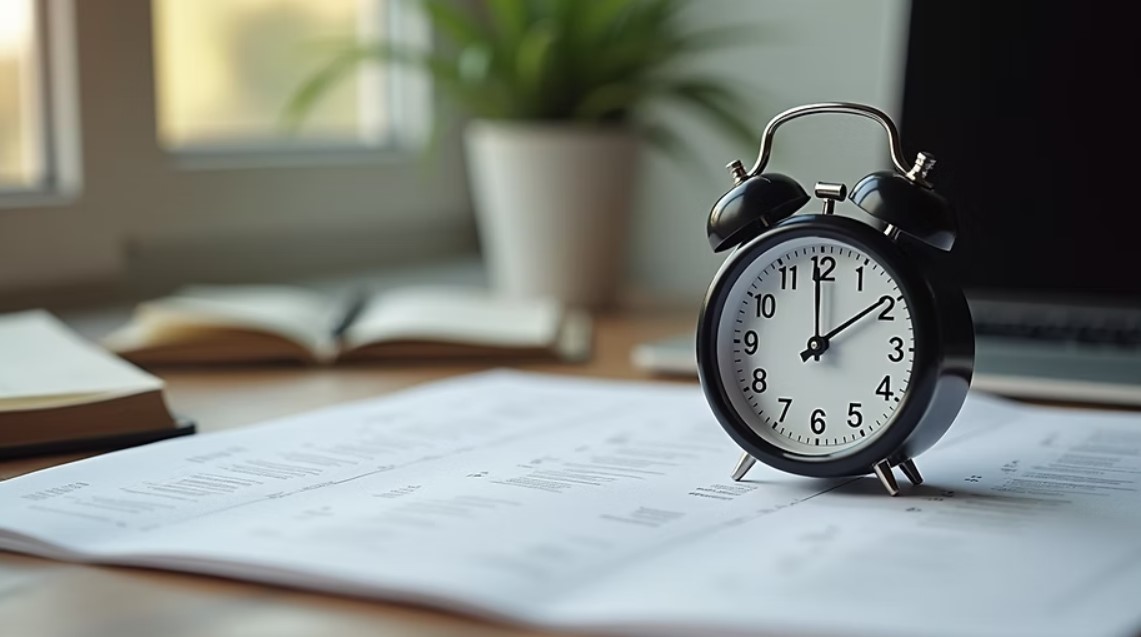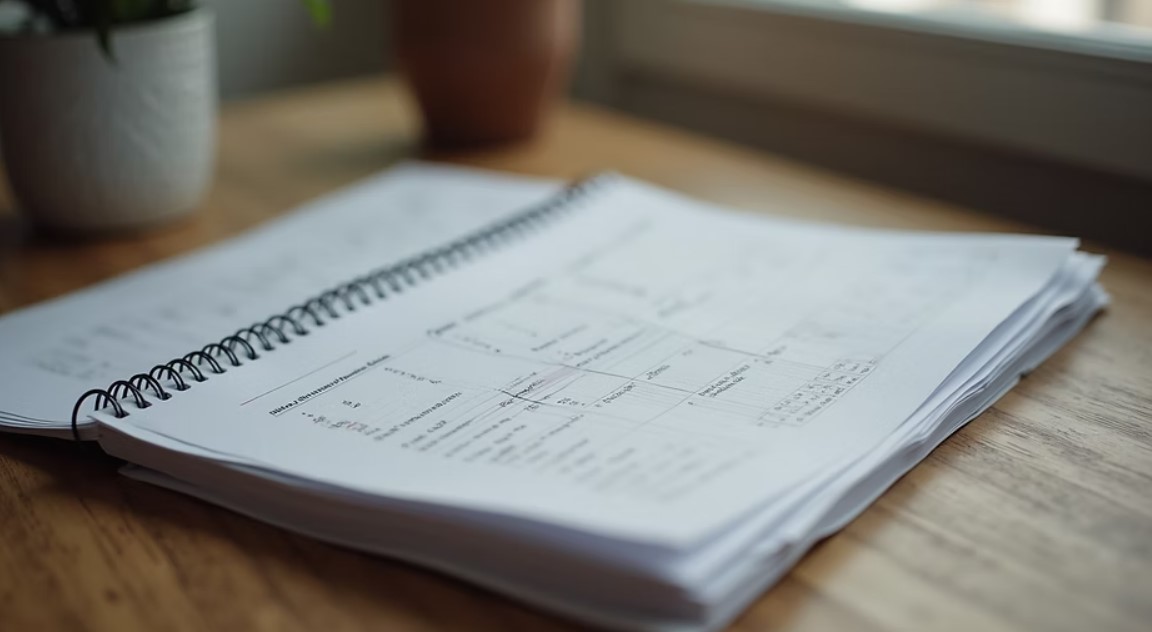Trending Insights





Preparing for exams can be a stressful experience, but with the right strategies, you can boost your confidence and improve your performance. One of the most effective ways to prepare is through exam question practice. This method helps you familiarize yourself with the exam format, identify your strengths and weaknesses, and develop time management skills. In this article, we will explore practical tips and techniques to enhance your exam readiness using exam question practice.
Exam question practice is more than just answering questions repeatedly. It is a focused approach to learning that helps you understand the types of questions you might face and the best ways to answer them. By practicing with real or simulated exam questions, you can:
For example, if you are preparing for a mathematics exam, practicing different types of problems such as algebra, geometry, and calculus questions will help you become comfortable with the variety of questions you might encounter.
To get the most out of exam question practice, it is important to approach it strategically. Here are some actionable recommendations:
By following these steps, you can make your study sessions more productive and focused.

Time management is a critical skill during exams. Practicing exam questions under timed conditions helps you develop this skill. Here are some tips to manage your time effectively:
For instance, if you have 60 minutes to answer 20 questions, aim to spend about 3 minutes per question. This practice will help you avoid rushing or running out of time during the actual exam.
One of the best resources for exam preparation is past exam papers. These papers provide real examples of questions that have appeared in previous exams. Using past papers allows you to:
You can find a wide range of past papers online. For example, past paper practice offers a collection of past exam questions that you can use to enhance your preparation.
When using past papers, try to simulate exam conditions as closely as possible. Set a timer, work in a quiet space, and avoid using notes or textbooks. After completing the paper, review your answers thoroughly and focus on areas where you lost marks.

Consistent practice is key to building confidence and reducing exam anxiety. When you regularly engage with exam questions, you become more familiar with the exam format and expectations. This familiarity helps reduce fear and uncertainty.
Here are some ways to build confidence through practice:
Remember, confidence comes from preparation. The more you practice, the more assured you will feel on exam day.
By incorporating exam question practice into your study routine, you can significantly enhance your exam readiness. This approach not only improves your knowledge and skills but also helps you manage time and reduce stress. Start early, use past papers, and practice consistently to achieve the best results.